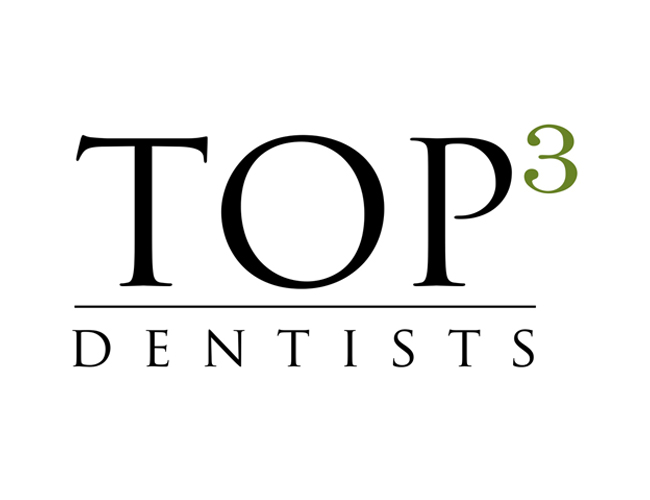TMJ, TMD, and CMD are all terms for an abnormal imbalance between the jaw joint, the position of your teeth and muscles. Each jaw joint is a ball and socket joint with a thin disc of cartilage that rides between them. The disc acts as a cusion and allows the joint to move smoothly.
Each disc is held in place and guided by muscles and ligaments. When your bite is not in alignment (asin cases were the follwoing may occur: deep overbite, lower jaw too far back, narrow upper jaw or upper front teeth crooked and or tipped backwards or lower front teeth crooked) the jaw joints can become compressed.
Typically, when the joints are compressed, the disc is pulled forwrd. The lower jaw then has a tendency to go back too far and the top of the lower jaw, which resembles a ball presses on the nerves and blood vessels at the back of the socket and causes pain. The forward displaced fo the disc also causes the various noises within the jaw joints such as clicking and popping sounds.
Patients must be aware that any noises or pain that occur during the normal opening and closing of the jaw is an indication that the jaw joints have become dislocated. As a result, patients are advised to seek treatment as soon as possible to avoid allwoing the problem to get worse or irreversible. The mroe severe displacement can be very painful an evnetually can cause permanent damage to the joint. An unstable bite can cause both jaw joint displacement and muscle strain and pain and can be made worse by changes in head and neck posture due to bodily trauma.
Symptoms of TMJ/TMD/ CMD:
These disorders have been called the "Great Imposters" due to the fact that many of the symptoms have overlapping characteristics which often mimic other conditions. Because these symptoms masquerade so many other conditions, many people travel from medical doctor to medical specialists in search of a cure. Most patients never think to contact a dentist sicne the symptoms are primarily medical in nature.
Symptoms may include any of the following:
- Headaches (tension and migraine)
- Ear aches, congestion or ringing in the ears
- Clicking, popping, or grating sounds when opening and closing the mouth
- Limited jaw opening or locking
- Neck pain or stiffness
- Dizziness and fainting
- Pain when chewing
- Facial Pain
- Difficulty closing the teeth together
- Tired jaws when chewing
- Difficulty in swallowing
1. Clenching or grinding of the teeth (burxism) is a common sign. The clenching and grinding of the teeht put additional stress on already tired, overworked muscles and can result in pain being referred tothe head, neck, face, shoulder or back.
2. headaches are one of the most common complaints of "TMJ" sufferers and these headaches are frequently so severe they can be confused with migraine headaches. "TMJ" headaches are most often felt in the temple area, behind the eyes and at the back of the head with pain radiating to the neck and shoulders. Migraine headaches are mainly on one side with the patient suffering from the visual disturbances and being extremely sensitive to light. Migraine headaches can be very similar to headaches caused by dilocated joints and imbalanced muscle function.
3. If you suspect a migraine headache, then every effort should be made to rul out any other physical causes. If the TMJ (jaw Joint) is the problem, the Erfani technique of treating TMJ is the initial step.
To find a dentist who has been properly trained in TMJ diagnosis and treatment, please visit www.top3dentists.com







No comments:
Post a Comment